How Does a DC to DC Battery Charger Work
A DC to DC battery charger is an electronic device that transfers power from one DC voltage source to another. This device is designed to convert the incoming DC voltage from a power source to a suitable DC voltage level for charging a battery. In simpler terms, it allows you to charge your battery from a power source that has a different voltage than your battery. This is particularly useful in renewable energy systems, electric vehicles, and other applications where consistent and efficient charging is required.
Unlike AC to DC chargers, which convert alternating current (AC) into direct current (DC), a DC to DC charger operates entirely within the DC domain. It is designed to either step up (boost) or step down (buck) the voltage based on the requirements of the battery being charged. This functionality makes DC to DC chargers highly efficient and versatile, especially in systems with solar panels, wind turbines, or electric cars.
- How Does a DC to DC Battery Charger Work?
- Benefits of Using a DC to DC Battery Charger
- Applications of DC to DC Battery Chargers
- How to Choose the Right DC to DC Charger
How Does a DC to DC Battery Charger Work?
A DC to DC battery charger functions by taking the incoming DC voltage and adjusting it to a level that is suitable for the battery being charged. The charger first processes the incoming voltage and then uses a voltage regulator to either increase or decrease the voltage, depending on the needs of the battery.
The main components of a DC to DC charger include:
- Voltage Converter: This is the core of the DC to DC charger, where the voltage is either stepped up or stepped down.
- Control Circuit: This ensures that the correct voltage and current are applied to the battery, preventing overcharging or undercharging.
- Capacitors and Inductors: These components smooth out the voltage, ensuring stable and reliable power delivery.
- Battery Management System (BMS): This system monitors the battery's state of charge and health, adjusting the charging process as needed.
The charger uses a switch-mode power supply (SMPS) technology, which allows for high efficiency and minimal energy loss. The DC input voltage is first converted into high-frequency AC and then back into DC at the desired voltage. This process is more energy-efficient than traditional linear regulators, making DC to DC chargers ideal for battery-powered devices and systems.
>>See also A Comprehensive Guide To DC To AC Converters
Benefits of Using a DC to DC Battery Charger
A DC to DC charger offers several key advantages that make it an essential component for various applications:
1. High Efficiency
One of the most significant benefits of using a DC to DC charger is its efficiency. Because the charger directly adjusts the voltage to meet the battery’s needs, there is minimal energy loss during the conversion process. This is particularly important in off-grid systems, where every bit of energy counts.
2. Compact and Lightweight
DC to DC chargers are often smaller and lighter than traditional AC to DC chargers. This is a critical advantage for portable devices, electric vehicles, and renewable energy systems where space and weight are often at a premium.
3. Versatility
DC to DC chargers are highly versatile and can be used in a wide range of applications. Whether you're charging a car battery, a solar power bank, or a large-scale energy storage system, a DC to DC charger can meet your needs. The ability to adjust the voltage to match the specific battery requirements makes it ideal for a variety of use cases.
4. Enhanced Battery Life
By providing a stable and regulated voltage to the battery, a DC to DC charger can help extend the lifespan of the battery. Overcharging or undercharging a battery can lead to damage or a shorter lifespan, but the control mechanisms within a DC to DC charger ensure the battery is charged optimally.
Applications of DC to DC Battery Chargers
DC to DC battery chargers are used in many different industries and systems, particularly those where a stable and efficient power conversion is required. Some of the most common applications include:
1. Electric Vehicles
In electric vehicles (EVs), DC to DC chargers are used to manage the power conversion between the vehicle’s main battery and auxiliary systems, such as lights, air conditioning, and entertainment. The DC to DC charger ensures that the auxiliary systems receive the right voltage without draining the main battery.
2. Renewable Energy Systems
In solar and wind power systems, a DC to DC charger is often used to store energy in batteries. Since solar panels and wind turbines produce DC power at varying voltages, the DC to DC charger adjusts the voltage to a level that is suitable for charging the battery, ensuring efficient energy storage.
3. Off-Grid Systems
For off-grid applications, such as cabins, boats, or RVs, DC to DC chargers play a crucial role in managing the power from solar panels or wind turbines. They ensure that the batteries are charged correctly, even when the input voltage fluctuates.
4. Portable Electronics
DC to DC chargers are also used in portable electronics, like power banks and mobile charging stations. These devices often need to step up or step down voltage from a DC input to charge various devices, making DC to DC chargers an essential component for their operation.
>>See also Is It Possible To Use Four 12 Volt Batteries In A 48 Volt Golf Cart
How to Choose the Right DC to DC Charger
When selecting a DC to DC charger, there are a few key factors to consider:
1. Input Voltage Range
Make sure the charger can accept the input voltage from your power source, whether it's a solar panel, vehicle, or other DC sources.
2. Output Voltage Compatibility
The charger should provide the correct output voltage for the battery you're charging. Verify the voltage requirements of your battery before choosing a charger.
3. Charging Current
The charging current is critical for efficient charging. Make sure the charger can supply the necessary current without causing overheating or damage to the battery.
4. Efficiency
Look for a charger with high efficiency to minimize energy loss and ensure faster, more reliable charging.
In conclusion, a DC to DC battery charger plays a pivotal role in modern energy storage systems, offering efficient and reliable power conversion. Whether you're using it for electric vehicles, renewable energy storage, or portable devices, the ability to adjust the voltage and deliver consistent, regulated power makes the DC to DC charger an indispensable tool in optimizing battery performance and longevity. Understanding how a DC to DC charger works and the advantages it offers is key to making an informed decision when choosing the right charging solution for your needs.



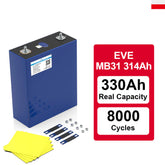
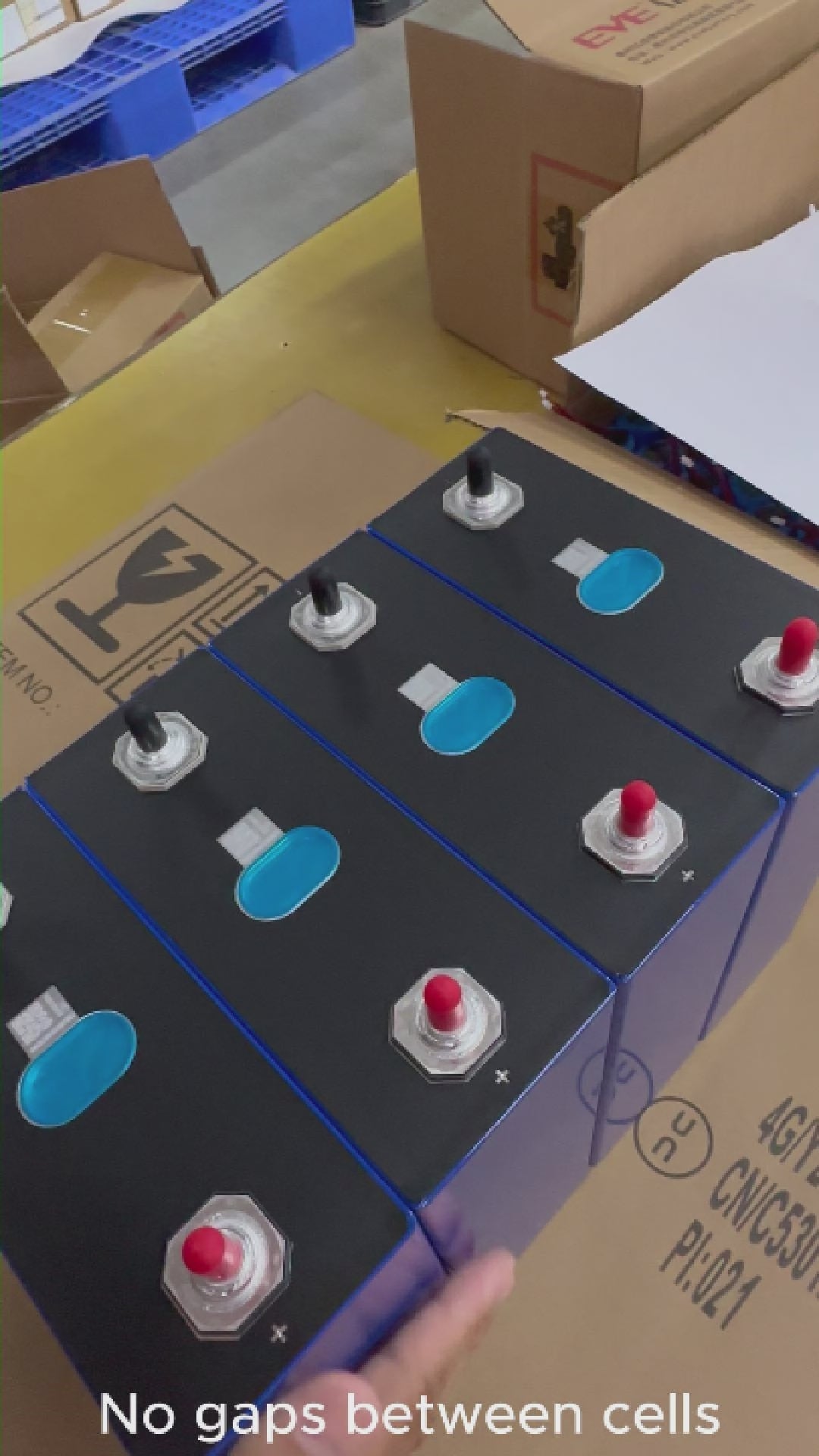
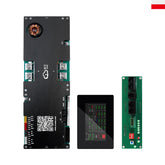

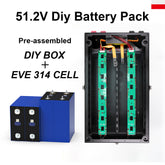











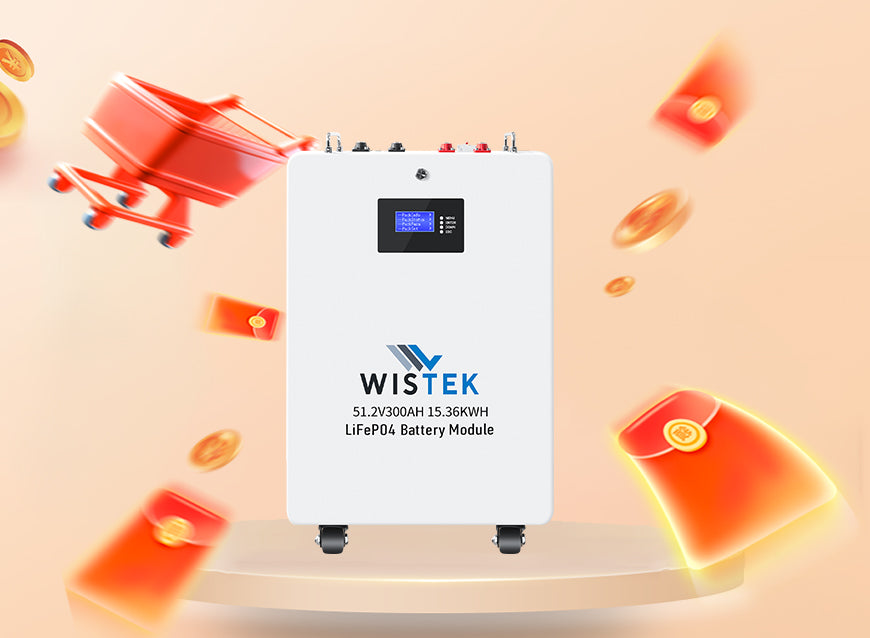





Leave a comment
All blog comments are checked prior to publishing